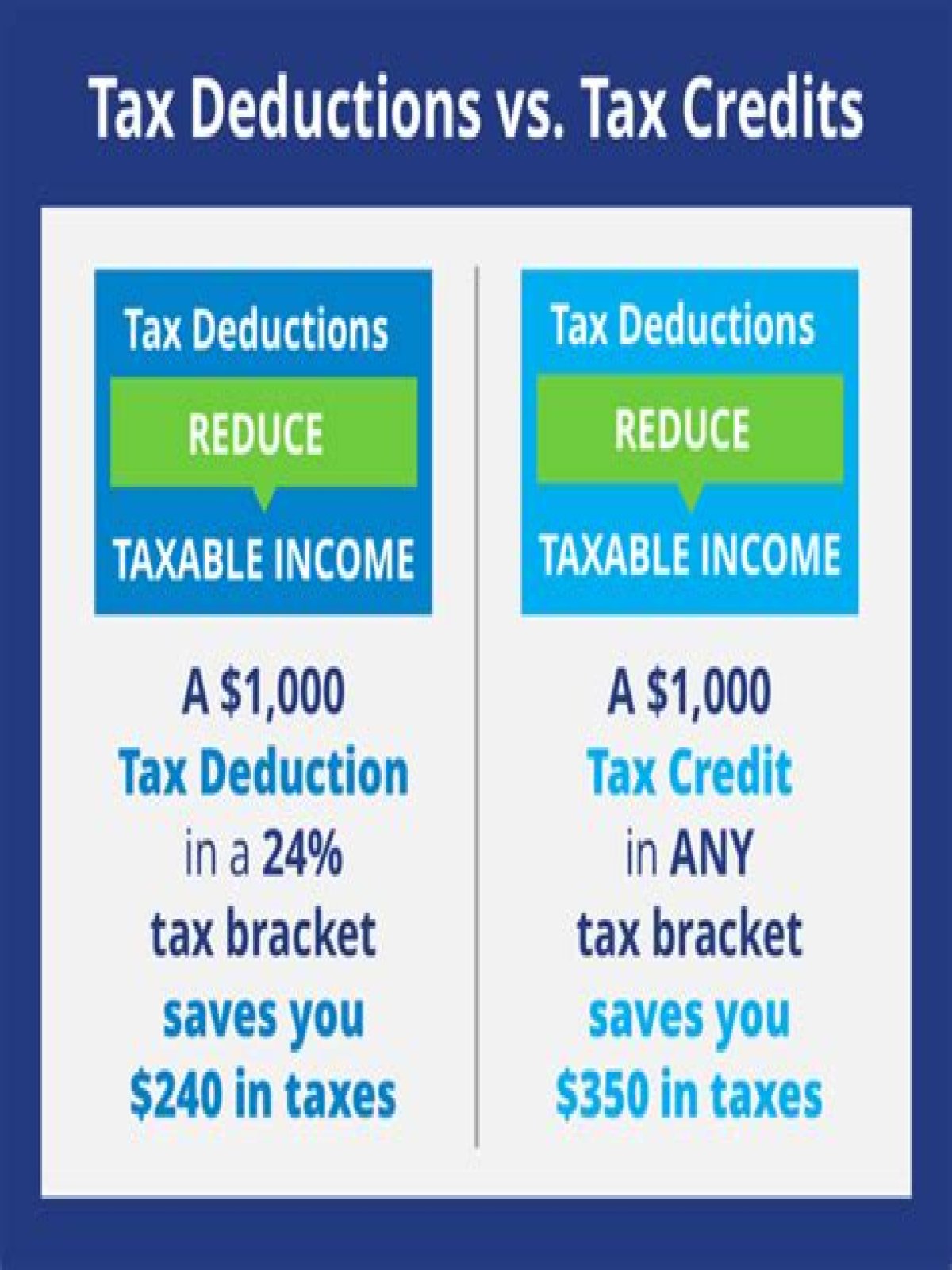What does it mean to accelerate deductions?
Accelerating deductions means spending money on expenses that will generate a tax deduction now rather than next year. Deferring income means postponing or delaying the receipt of certain revenues until a future year.
What tax deferral means?
Tax deferral is when taxpayers delay paying taxes to some point in the future. Some taxes can be deferred indefinitely, while others may be taxed at a lower rate in the future. Individual taxpayers and corporations may defer certain taxes; retaining corporate profits overseas is also a form of tax deferral.
What is deferring payroll tax?
To give people a needed temporary financial boost, the Coronavirus, Aid, Relief and Economic Security Act allowed employers to defer payment of the employer’s share of Social Security tax. If the employer does not repay the deferred portion on time, penalties and interest will apply to any unpaid balance.
Should I accelerate income 2020?
Accelerating income in 2020 has several advantages. First, the Tax Cuts and Jobs Act reduced the maximum individual tax rate from 39.6% to 37%. Second, many taxpayers will be in a lower tax bracket this year from losses incurred in this economic downturn.
What factors increase the benefits of accelerating deductions or deferring income?
What factors increase the benefits of accelerating deductions or deferring income? 1. Higher tax rates, higher interest rates, larger transaction amounts, and the ability to accelerate deductions by two or more years increase the benefits of accelerating deductions.
What does accelerate income mean?
When you accelerate income, you take steps to receive it during the current tax year. When you postpone deductions, you claim them in a later tax year.
How do you accelerate income?
How to Accelerate Income To Lower Your Total Tax Liability
- Convert a traditional Individual Retirement Account (IRA) to a Roth IRA.
- Elect out of installment sales.
- Trigger an inclusion event for opportunity zone investments.
- Exercise stock options.
What are two basic timing strategies?
Two timing strategies are deferring taxable income and accelerating tax deductions.
What is the purpose of deferring taxes?
The deferral comes from the difference in timing between when the tax is accrued and when the tax is paid. A deferred tax liability records the fact the company will, in the future, pay more income tax because of a transaction that took place during the current period, such as an installment sale receivable.
Why do we defer tax?
Saving for retirement by investing in a tax-deferred vehicle can give you a big boost over time—forgoing the tax bite while you grow your money and potentially lowering the tax impact when take income. Tax-deferral is a feature of many investment vehicles (variable annuities, IRAs, 401(k) plans).
How long can you defer tax?
120-day deferral If you are able to pay your tax obligations in full, but just need a bit more time, you can apply for a short-term payment agreement, which provides up to 120 days to pay in full.
What does deferral mean on the balance sheet?
What is the definition of deferral? Generally, deferral refers to prepaid expenses or revenues that a firm makes. For instance, the insurance payments that a firm makes precede the coverage period. Hence, the cost of insurance is deferred on the balance sheet until the next payment.
When do I need to make a deferral payment?
A deferred payment is, generally, a payment made pursuant to a plan that provides for the payment of an amount to an employee on or after a date or event that will or may occur after the end of the applicable 2-1/2 month period, such as upon or after a separation from service, death, disability, change in control, or specified time.
How are tax deferrals different from other retirement plans?
In contrast to the previous retirement plans, deferrals from Roth plans consist of after-tax funds. Taxes are paid upfront, and withdrawals from these plans are not taxed. Gains from your investments grow tax-free in your retirement accounts, as opposed to in a brokerage account, where they are subject to capital gains tax.
Are there exceptions to the short term deferral rule?
Yes. The Regulations provide a few exceptions to the basic requirement of the short- term deferral rule that payment be made no later than 2-1/2 months following the employer’s or the employee’s tax year in which the payment is no longer subject to a “substantial risk of forfeiture.”
